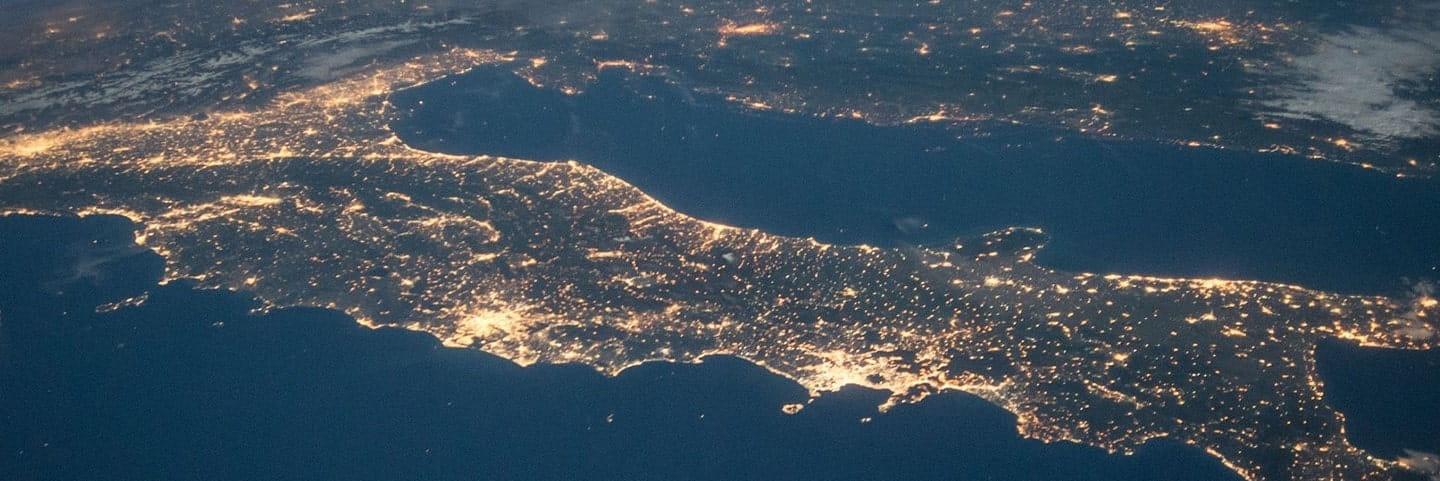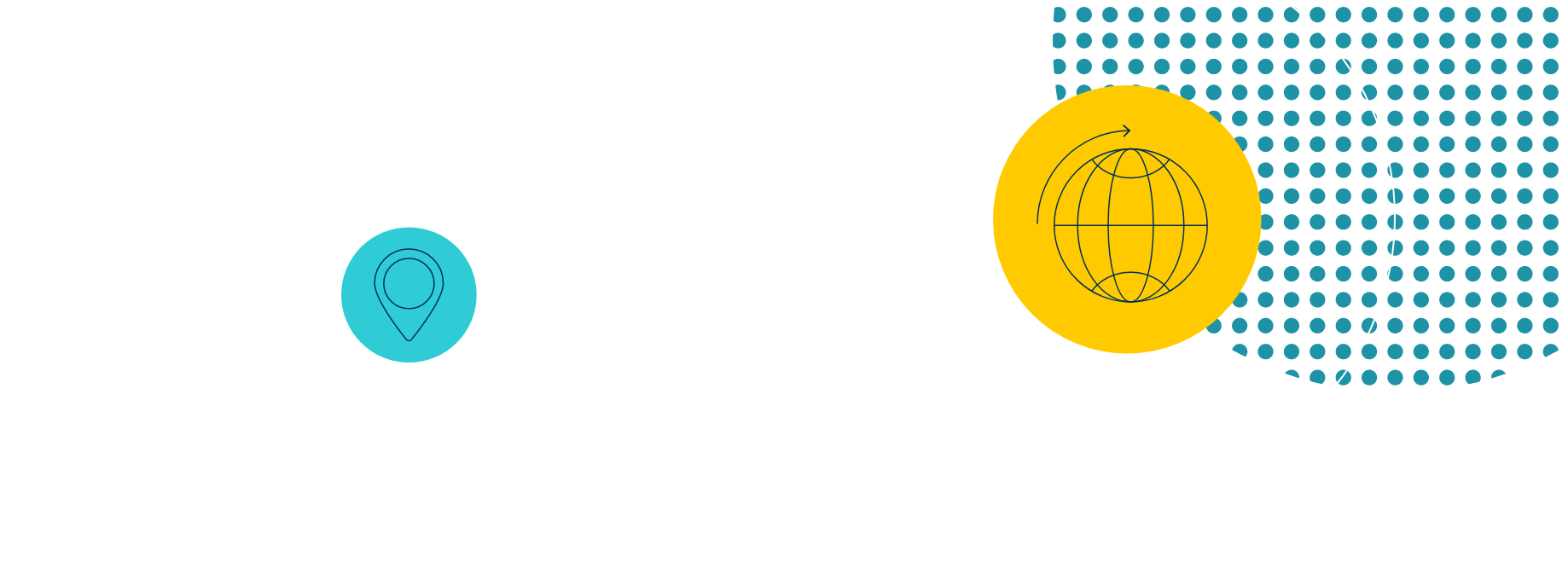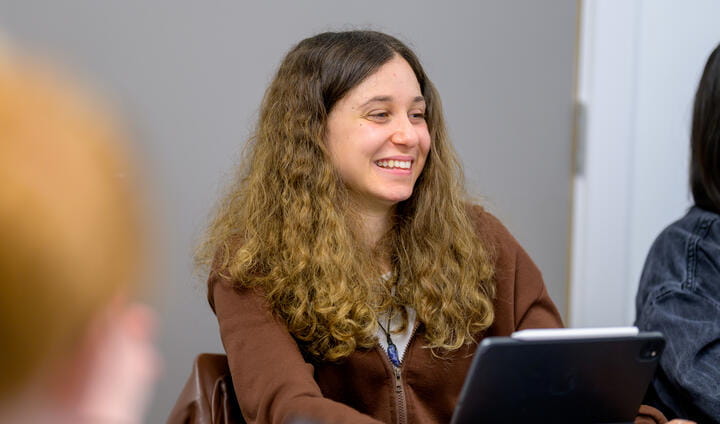We use cookies to improve your online experiences. To learn more and choose your cookies options, please refer to our cookie policy.
‘JP’ has been teaching Geography for 13 years (10 of them at d’Overbroeck’s) since gaining his PGCE from Oxford University. He has a Masters in Rural Development (UEA) but has, at various other times, been a chef in the Alps and an offshore gambling operator in a Mauritian call centre. He is most interested in those places where the complexities of the human world clash with the physical. JP has run trips to Iceland and many fieldwork visits within the UK. He teaches at the Sixth Form and The International School and when not teaching Geography he is quite likely to be tweeting about it, playing sport with his boys or perhaps playing a guitar.













